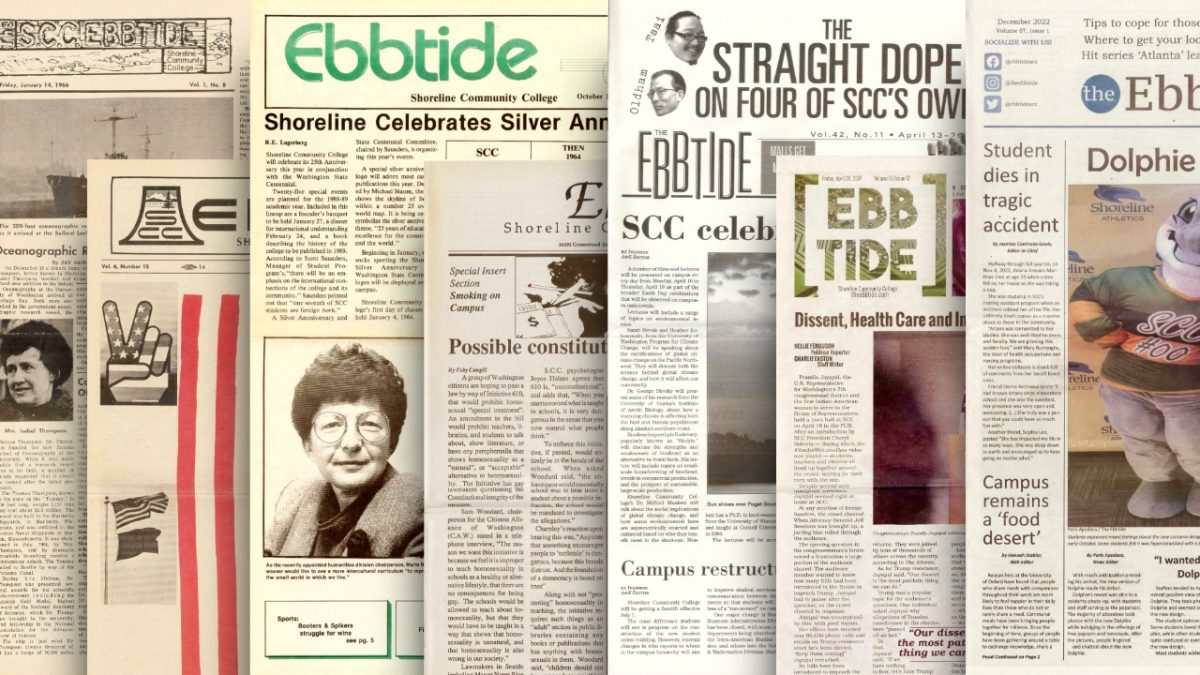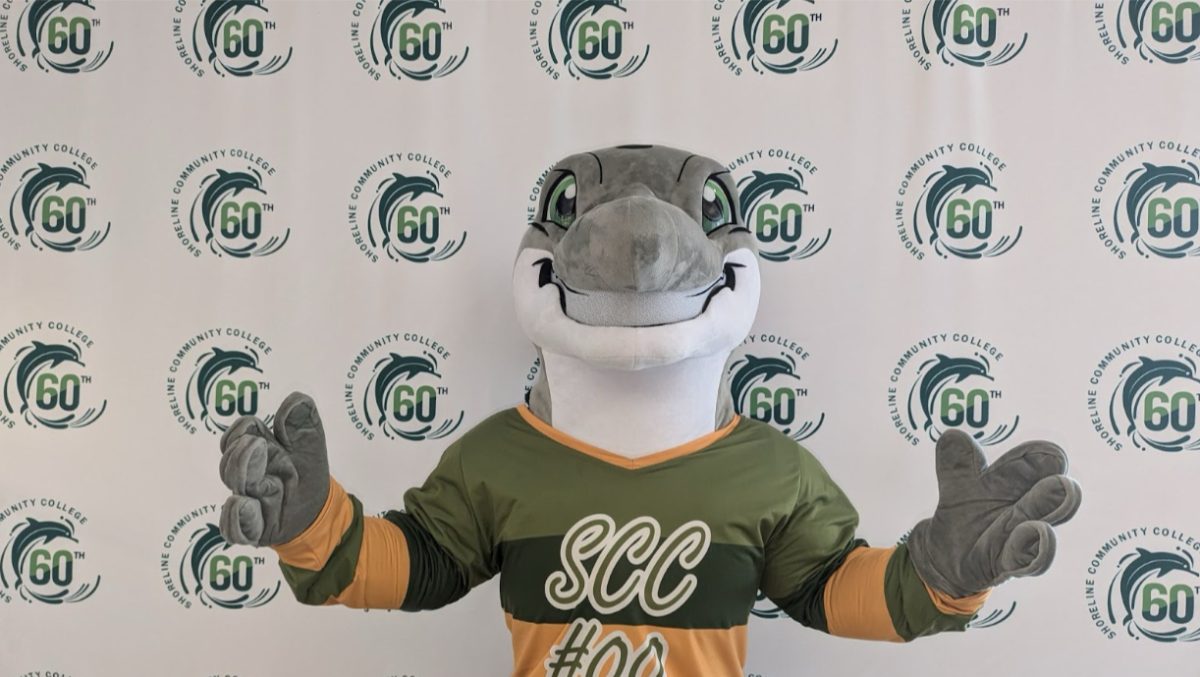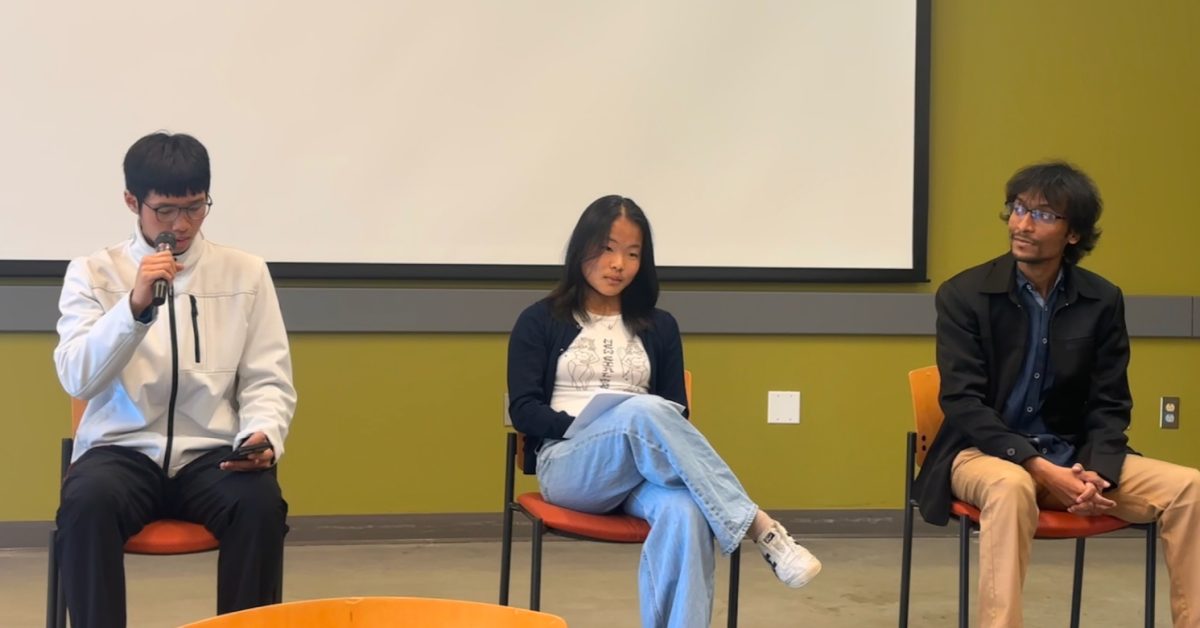By Cendri Johnson
When you think of the FBI watch list, do you think of Martin Luther King Jr.?
Most people would probably answer no to this question, but the FBI’s close watch on King was just one often-ignored fact brought up at the “Bread and Circuses: Exploring the Legacy of the ‘Real’ Dr. Martin Luther King Jr.” speech on Tuesday, Jan.17th in the Quiet Dining Room.
Darryl Brice of Highline Community College gave a presentation to anyone who was willing to listen about how King’s legacy has been construed in order to fit our own agendas.
Brice stressed that we as a culture have picked out only very specific pieces of King and his legacy while ignoring the rest of the story. Most people, he claimed, don’t think about the fact that King was arrested over 30 times or that he was active in other political causes as well as the civil rights movement.
For instance, prior to his assassination, King had been leading the “Poor People’s Campaign,” in which people planned to pressure the Johnson administration into opening up poverty aid programs by setting up tents in Washington D.C.
Among the many ironic issues pointed out by Brice was how large corporations like Walmart and Coca-Cola have embraced King’s message of unifying and achieving the dream of equality, when in reality Walmart is the very kind of corporation, said Brice, that King would have fought against. King actually called for an embargo of the Coca- Cola Company in his “I Have been to the Mountaintop” speech due to their unfair hiring practices. Yet, today, you can see King used in both Coke and Walmart advertising.
Additionally, Brice argued that history has picked and chosen whom it decides to remember and forget, and that often we forget about history that deals with people of color. For instance, he cited a seldom-sung verse of the “Star Spangled Banner” that addresses the sacrifices of slaves.
He also used a personal example in recounting how significant people of color were left out of his own studies, having earned a PhD in sociology himself, the same discipline in which King earned his baccalaureate degree.
Brice said that he believed W. E. B. Du Bois to be a pioneer of sociology, even being eulogized at times by King himself. Yet in all of his graduate work, Brice said that he was never given any of Du Bois’s material to study.
The overall message of this presentation was that while we have taken strides in achieving equality since the days of King, there is still a lot of work to be done. Discrimination persists in our modern day world with structured inequality that targets society’s marginalized communities, and we all must do our part to end this system.
To tie up this event, among many other texts mentioned throughout the presentation, Brice recommended that everyone read the last book written by King, “Where Do We Go From Here: Chaos or Community?”
Brice quoted historian Howard Zinn in one of his final points, claiming that omission is worse than lying because if you omit something it’s as if that thing never existed. Brice said that we need to acknowledge those pieces of the puzzle that have been omitted.













